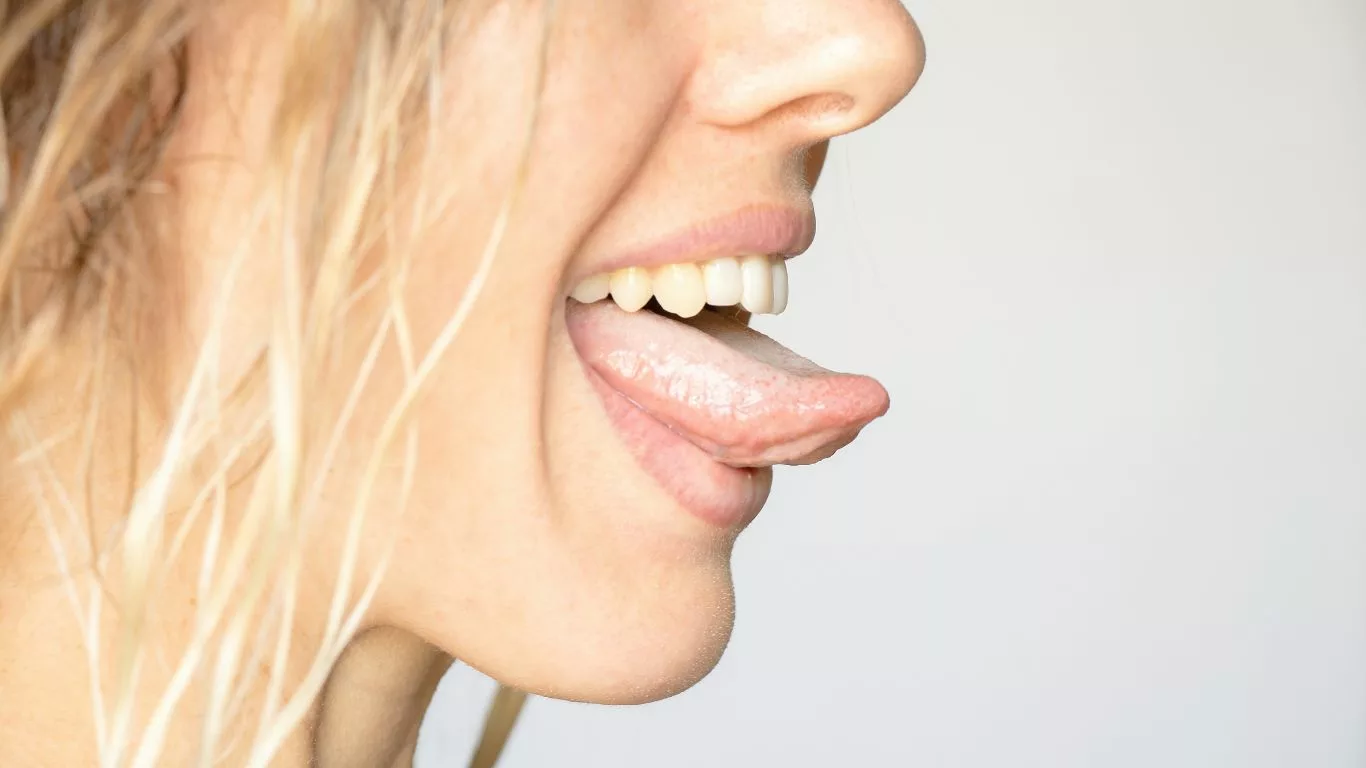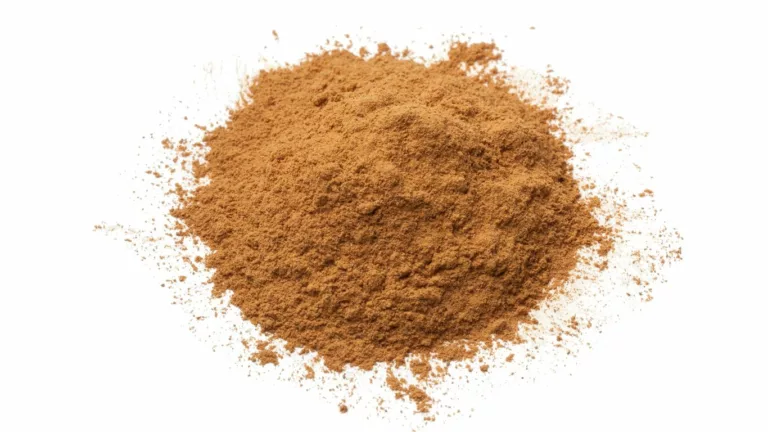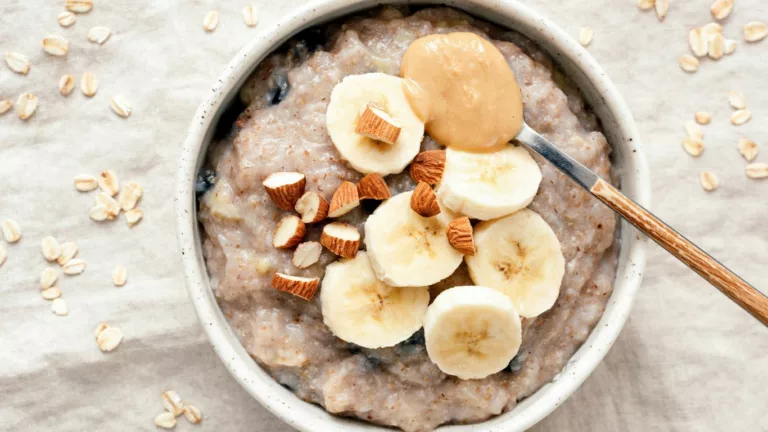Is Fasting Safe with GERD? – A Practical Guide to Managing GERD During Fasting
Wondering if fasting is safe with GERD? We’re going to explore this topic in detail, answering your questions, providing real-life examples, and giving you practical tips to manage GERD while fasting.
So, you’ve been hearing a lot about fasting lately—whether it’s intermittent fasting, time-restricted eating, or just the occasional fast to hit reset. And now, you’re wondering: “Is fasting safe with GERD (gastroesophageal reflux disease)?” It’s a valid concern, especially when you have a digestive condition that involves stomach acid creeping into places it shouldn’t. But don’t worry, we’ve got you covered.

What Is GERD, and Why Does It Matter for Fasting?
Before we get into the fasting part, let’s take a quick moment to understand GERD. Basically, it’s when stomach acid or bile flows back into the esophagus (that’s the tube that carries food from your mouth to your stomach). This happens because the lower esophageal sphincter (LES), a muscle that should close off the esophagus from the stomach, doesn’t work properly.
When you fast, your body undergoes several metabolic shifts, which could affect how your stomach produces acid. For some people, skipping meals may allow the stomach to rest and reduce acid production, while for others, an empty stomach might lead to an increase in acid. The type of fast you’re doing and your individual symptoms play a huge role in how fasting affects your GERD.

Does Fasting Make GERD Worse?
This is where things get a little tricky. Some people with GERD find that fasting actually helps them feel better. Fasting can give your stomach and esophagus a break, which may reduce symptoms like bloating and indigestion. However, others find that fasting can trigger or worsen their reflux symptoms. So, it’s not a one-size-fits-all situation.
Why Does This Happen?
- Increased Stomach Acid Production: If you go too long without eating, your stomach can start producing more acid. If the LES isn’t functioning properly, this acid can end up in your esophagus, triggering those painful GERD symptoms.
- Delayed Digestion: When you do eat after fasting, your stomach might get overwhelmed, especially if you eat a large meal too quickly. This can put pressure on the LES, causing reflux.
- Empty Stomach Sensitivity: Some people with GERD notice that fasting leaves their stomach feeling extra sensitive. The longer you go without food, the more prone you might be to experiencing burning sensations or nausea.

Can Fasting Actually Help GERD?
Let’s talk about the silver lining here: fasting can actually offer some benefits for GERD sufferers. Studies suggest that intermittent fasting might help with reducing inflammation and improving overall digestive health. Here’s how:
- Reducing Inflammation: Fasting gives your digestive system a break and may reduce inflammation in your gut, which can lead to less frequent reflux episodes.
- Weight Loss and GERD: For those who are overweight, fasting can help with weight loss. Less belly fat means less pressure on the stomach, which in turn can help reduce the frequency of acid reflux.
- Improved Gut Health: Some research suggests that fasting can improve gut motility and balance stomach acid levels, potentially leading to fewer GERD symptoms over time.
But, and this is important, fasting won’t cure GERD. If you have severe symptoms, you should definitely talk to your doctor before trying fasting as a solution.
How to Fast Safely with GERD
So, is fasting safe with GERD? Yes, but it’s all about doing it the right way. Here are some practical tips to help you get the benefits of fasting without aggravating your GERD:
1. Start Slow and Listen to Your Body
Don’t go jumping into long fasts right away. If you’re new to fasting, try starting with shorter periods—say, a 12-hour fast (like eating from 8 AM to 8 PM). Gradually increase the fasting window to see how your body responds. Always pay attention to how you feel during and after the fast.
2. Avoid Large Meals After Fasting
This is crucial! After a fast, you might feel hungry and want to devour everything in sight, but big meals can overwhelm your stomach and trigger GERD symptoms. Instead, try breaking your fast with something light and easy to digest, like a smoothie or a small portion of lean protein with veggies.
3. Stay Hydrated
Dehydration can make GERD symptoms worse, so make sure you’re drinking enough water throughout the day, especially during fasting periods. Avoid caffeinated drinks, as they can trigger acid reflux for some people.
4. Eat GERD-Friendly Foods During Your Eating Window
The foods you choose matter. Stick to GERD-friendly options that won’t irritate your stomach or esophagus. Think bland, non-acidic foods like oatmeal, rice, bananas, lean meats, and cooked vegetables. Steer clear of spicy, fatty, or fried foods that are more likely to trigger reflux.
5. Don’t Lie Down After Eating
After your meal, give your body time to digest before lying down. This is especially important if you’ve eaten a large meal after fasting. Try to stay upright for at least 30 minutes to an hour.
Fasting Methods and GERD
Not all fasting methods are created equal, especially when you have GERD. Here’s a quick rundown of the most common types of fasting and how they might impact your GERD symptoms:
Intermittent Fasting
Intermittent fasting (like the 16/8 method, where you fast for 16 hours and eat during an 8-hour window) seems to work well for many people with GERD. It gives your stomach time to rest while reducing the risk of overeating during meals. However, make sure your eating window includes smaller, well-balanced meals.
Alternate-Day Fasting
This method involves fasting every other day. For people with GERD, this may be too extreme, especially if you’re prone to frequent reflux. It’s better to ease into this type of fasting slowly or stick with intermittent fasting if you find the alternate-day method too intense.
Water Fasting
Water fasting can be harder on the stomach because it gives the stomach a long break without any food to buffer the acid. This might lead to more acid production, especially if you’re prone to GERD. If you want to try water fasting, be sure to consult with your healthcare provider first.
Conclusion
So, is fasting safe with GERD? It depends. For some people, fasting may be a helpful tool to manage symptoms and even reduce the frequency of acid reflux. But for others, fasting may exacerbate their symptoms. If you have GERD and want to try fasting, take it slow, listen to your body, and consult your doctor if you’re unsure. Fasting can work, but you’ve got to approach it with care.
Appendices
FAQs
- Can intermittent fasting help with GERD? Yes! Many people with GERD find that intermittent fasting helps them manage their symptoms, as it gives the digestive system a break.
- What foods should I avoid during my eating window? Avoid spicy, acidic, or fatty foods that can trigger reflux, such as citrus, tomatoes, fried foods, and chocolate.
- How can I tell if fasting is aggravating my GERD? Pay attention to your symptoms. If you notice increased heartburn, bloating, or regurgitation, fasting may not be the best option for you.
References
- American College of Gastroenterology. (2024). GERD: How It Affects Your Digestive Health. ACG Website
- National Institute of Diabetes and Digestive and Kidney Diseases. (2023). GERD Treatment and Management. NIDDK Website
- American Gastroenterological Association. (2023). Managing GERD Symptoms. AGA Website
Disclaimer
The information provided in this article is for educational purposes only and should not be considered as medical advice. Always consult your doctor before making changes to your diet or fasting regimen, especially if you have GERD or any other health condition.

Camellia Wulansari is a dedicated health writer specializing in digestive disorders, contributing valuable insights and information to the health and wellness community. With a passion for promoting well-being through knowledge, Camellia serves as a reliable source of expert content on healthusias.com.






